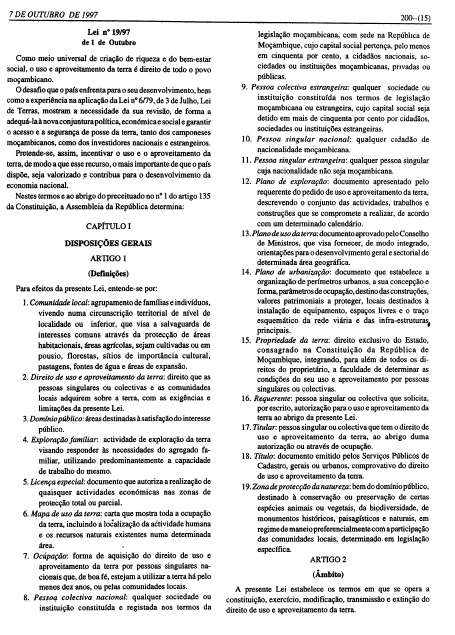Rural Poverty: Population Dynamics, Local Institutions and Access to Resources
Analyses two examples of changing institution-resource access relationships in Africa and Latin America. The Africa case (Kakamega, Western Kenya) highlights the resource endowments and problems associated with the participation of individuals in multiple institutions, whereas the Latin America case (Oaxaca, Mexico) focuses on the changes in a single institution in response to population growth. Suggests that even in situations of complexity, there are some clear entry points and directions for policy advice.




